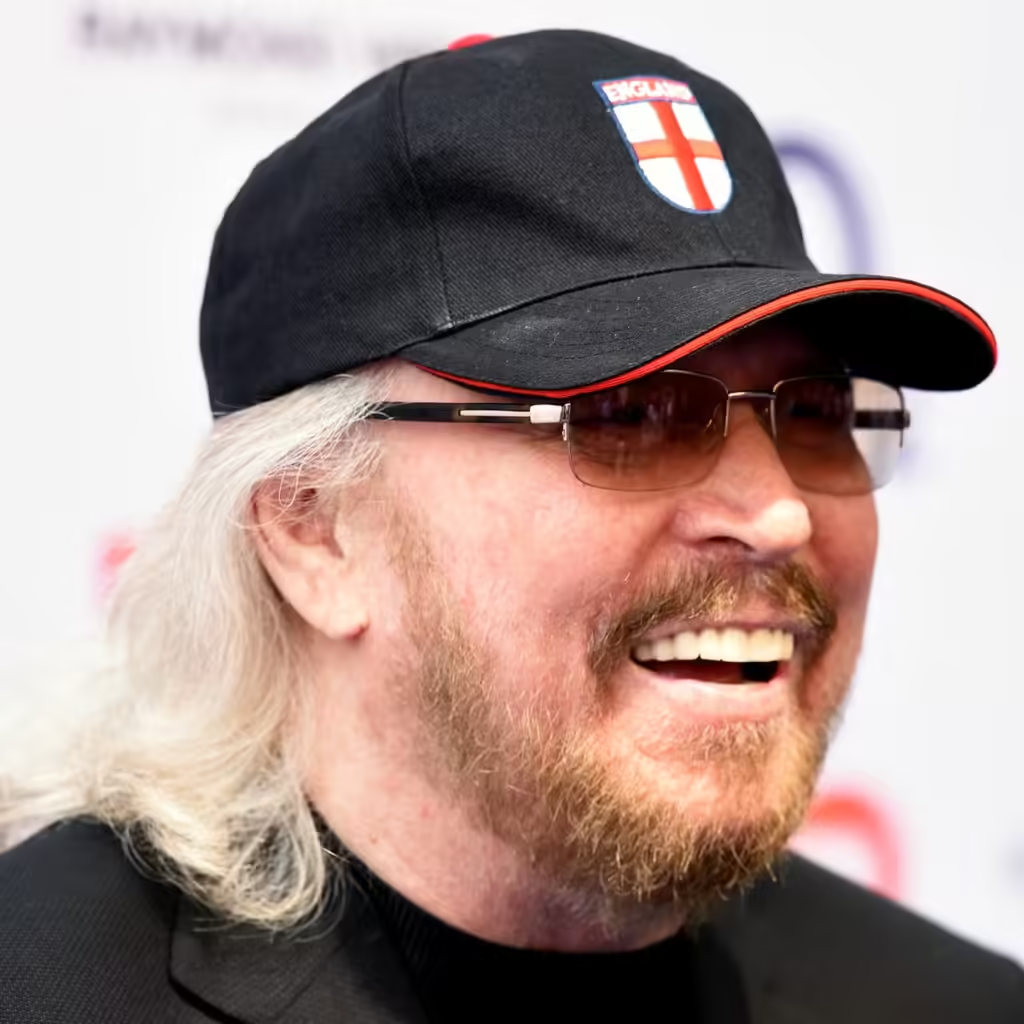
Table of Contents
Barry Gibb: A Musical Legacy
Barry Gibb, alongside his brothers Maurice and Robin, formed the iconic musical group the Bee Gees. The trio achieved their first major hit in 1967 and went on to become global superstars in the 1970s, renowned for their powerful ballads and infectious dance anthems. In addition to his work with the Bee Gees, Gibb collaborated with other renowned artists, including Kenny Rogers and Barbra Streisand. Though the Bee Gees disbanded in 2003, Barry Gibb continues to perform, preserving the legacy of his musical contributions.
Early Success
Barry Gibb was born into a musical family as the eldest son of a bandleader, growing up in an environment steeped in music. Along with his younger twin brothers, Robin and Maurice, Barry became part of one of the most influential pop music groups of the 1970s. The Gibb brothers began performing together as children, and their professional career took off after their family relocated to Australia in late 1958 following the birth of their younger brother, Andy. In Australia, the three oldest brothers hosted a television show and recorded their first single.
The group adopted the name “Bee Gees,” a reference to “Brothers Gibb” according to some sources. After moving to England in the late 1960s, the Bee Gees achieved international success with their pop-psychedelic single “New York Mining Disaster 1941.” The brothers refined a distinctive rock-pop sound characterized by their signature three-part harmonies. Barry, who often shared lead vocals with Robin, also contributed guitar to hits like the 1969 folksy ballad “Massachusetts,” marking the beginning of a storied career that would see the Bee Gees rise to worldwide fame.
International Stardom
After their initial wave of success began to fade, the Bee Gees reinvented themselves in the mid-1970s, achieving remarkable results. The trio embraced a more dance-oriented sound, often incorporating Barry Gibb’s distinctive falsetto vocals. Their 1975 hit “Jive Talkin’”, which showcased this new direction, became a number-one success. The following year, they topped the charts once again with “You Should Be Dancing.” As the dominant force in the burgeoning disco movement, the Bee Gees solidified their place in music history. Their contributions to the Saturday Night Fever soundtrack, released in 1977, earned them Grammy Awards and iconic status. Tracks such as “Stayin’ Alive”, “Night Fever”, and the ballad “How Deep Is Your Love” all soared to number-one, cementing their legacy.
Barry, in particular, emerged as a cultural icon of the era. His signature look—characterized by long flowing hair, gold chains, and open-necked shirts—further contributed to his status as a sex symbol.
Beyond his work with the Bee Gees, Barry Gibb’s musical talents extended to collaborations with other artists. His duet with Barbra Streisand, “Guilty,” was a massive hit in 1980, and two years later, he worked with Dionne Warwick on her Heartbreaker album. He, along with his brothers, also penned the timeless 1983 duet “Islands in the Stream” for Kenny Rogers and Dolly Parton.
By the late 1980s, the Bee Gees had lost much of their appeal among American audiences, though they maintained a strong international presence. During this period, the group suffered the tragic loss of their youngest brother, Andy, who passed away in 1988 due to a heart condition exacerbated by drug use.
Though the Bee Gees’ peak years were initially met with critical indifference, their songwriting and performance skills were later recognized. They were inducted into the Songwriters Hall of Fame in 1994 and the Rock and Roll Hall of Fame in 1997, solidifying their place in music history.
Recent Years
Following the death of Maurice Gibb in 2003, Barry and Robin Gibb decided to retire the Bee Gees name. The surviving brothers continued to preserve the Bee Gees’ musical legacy, releasing special collections of their past work. Barry also pursued a solo career, performing and recording on his own. In 2012, Robin Gibb passed away from cancer, leaving Barry as the last surviving member of the Bee Gees.
In a 2014 interview with Rolling Stone, Barry reflected on the complex dynamics within the band, acknowledging that while they shared a deep musical bond, their personal relationships were often strained. He expressed regret that, in the end, he and Robin were not closer, noting, “My only regret is that we weren’t great pals at the end.”
Now living in Florida with his wife, Linda, and their five children, Barry Gibb remains less active in the public eye but continues to perform. In early 2013, he embarked on his first solo tour, marking a new chapter in his musical journey.
